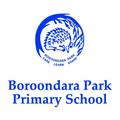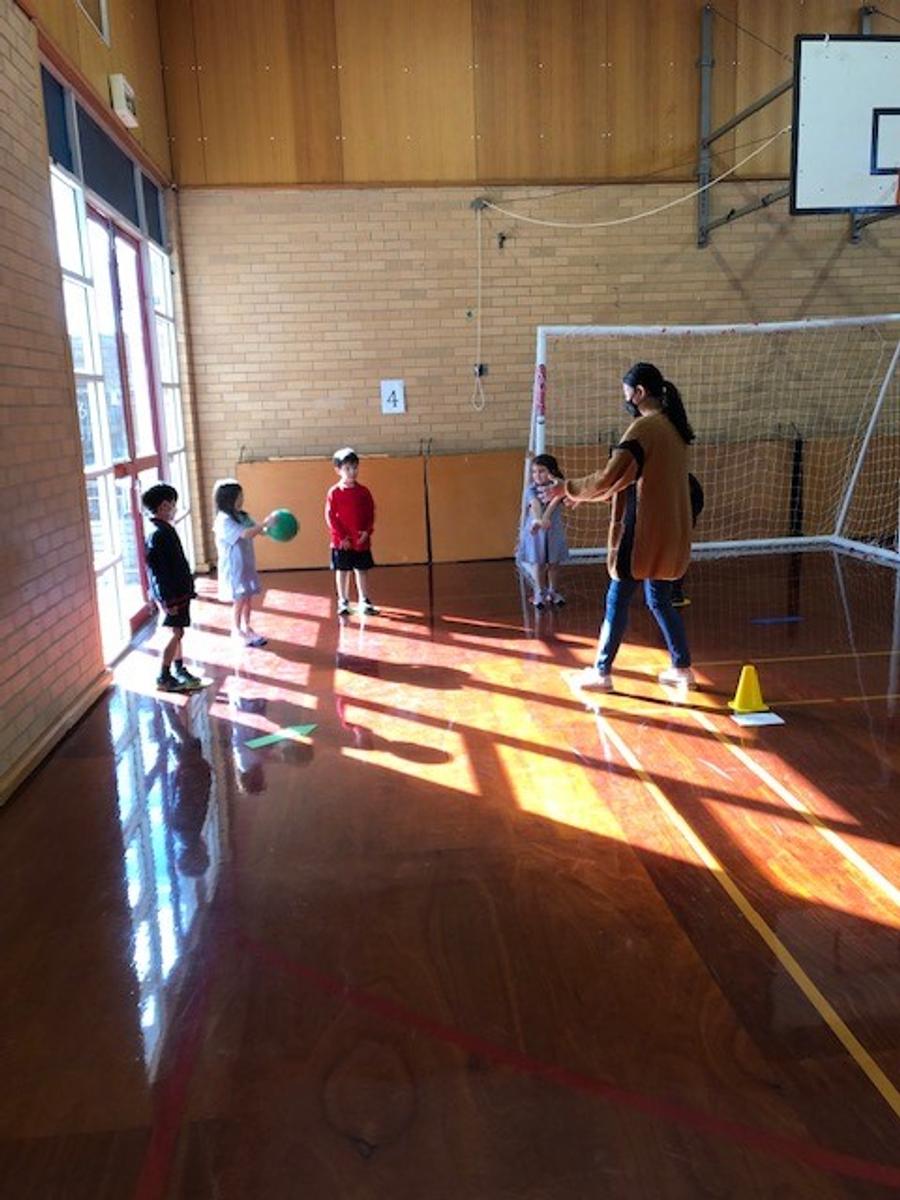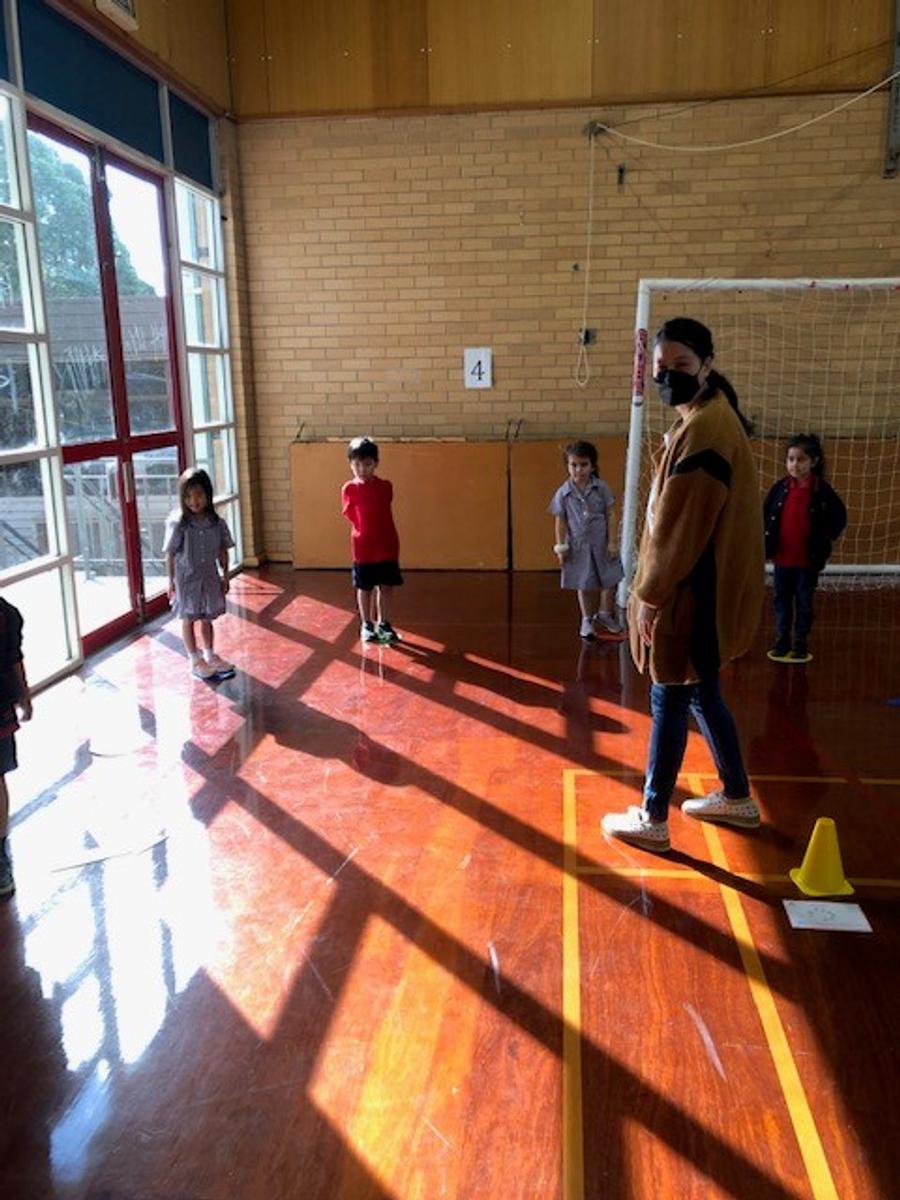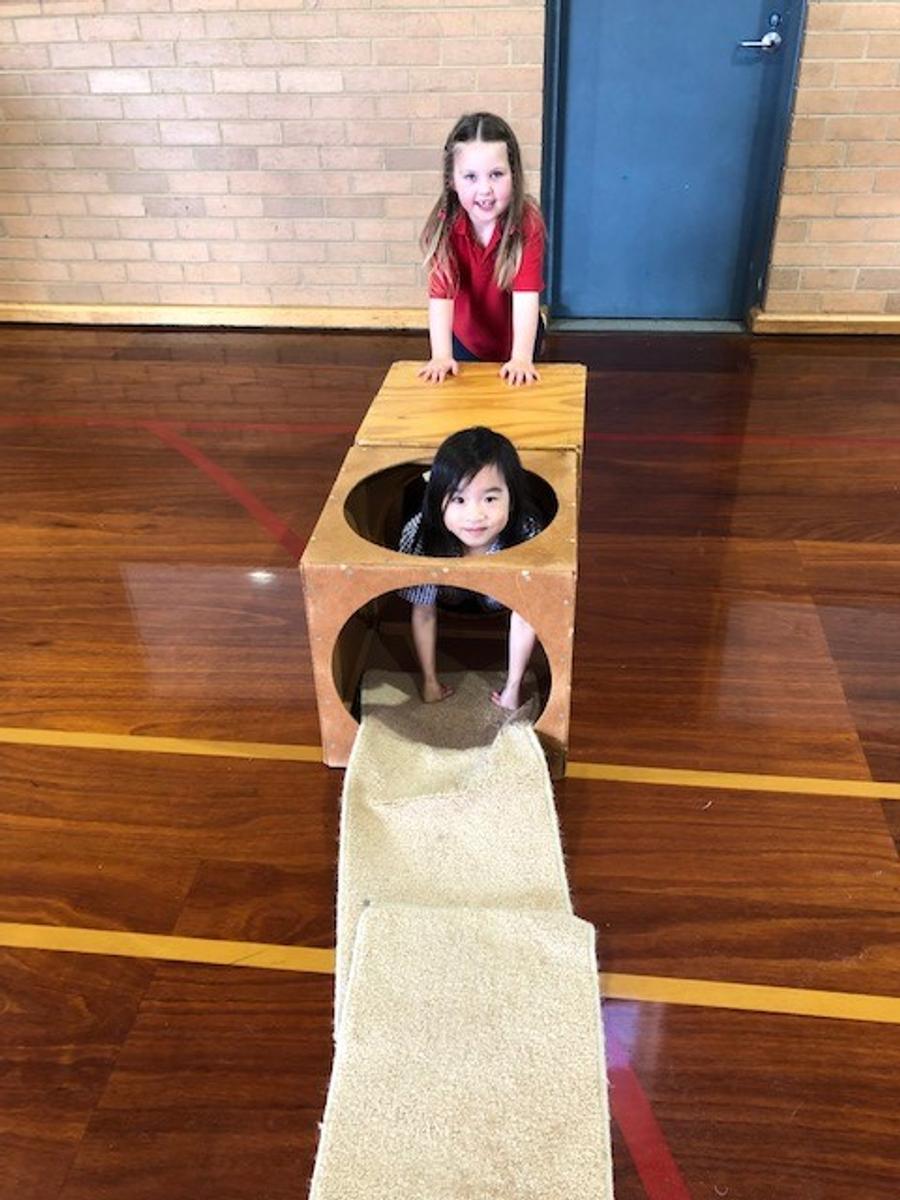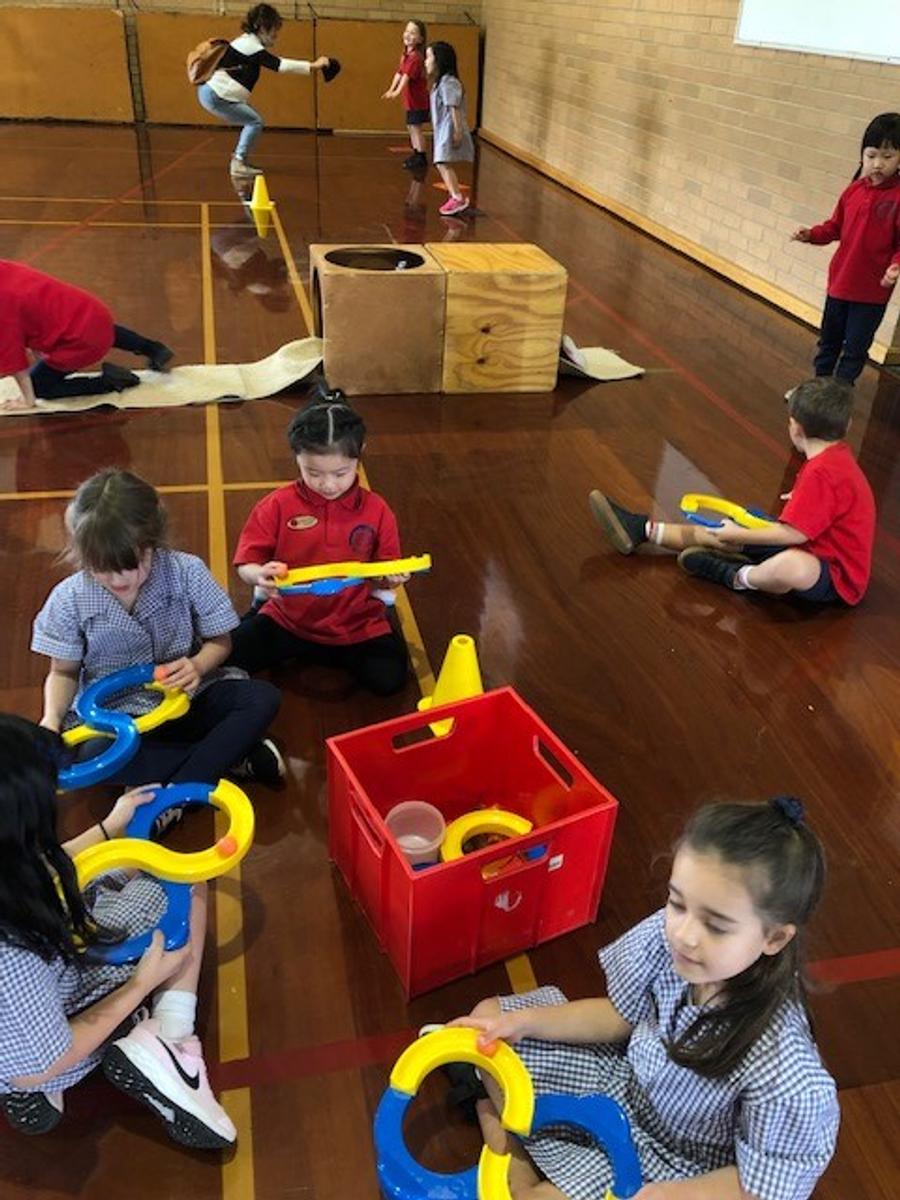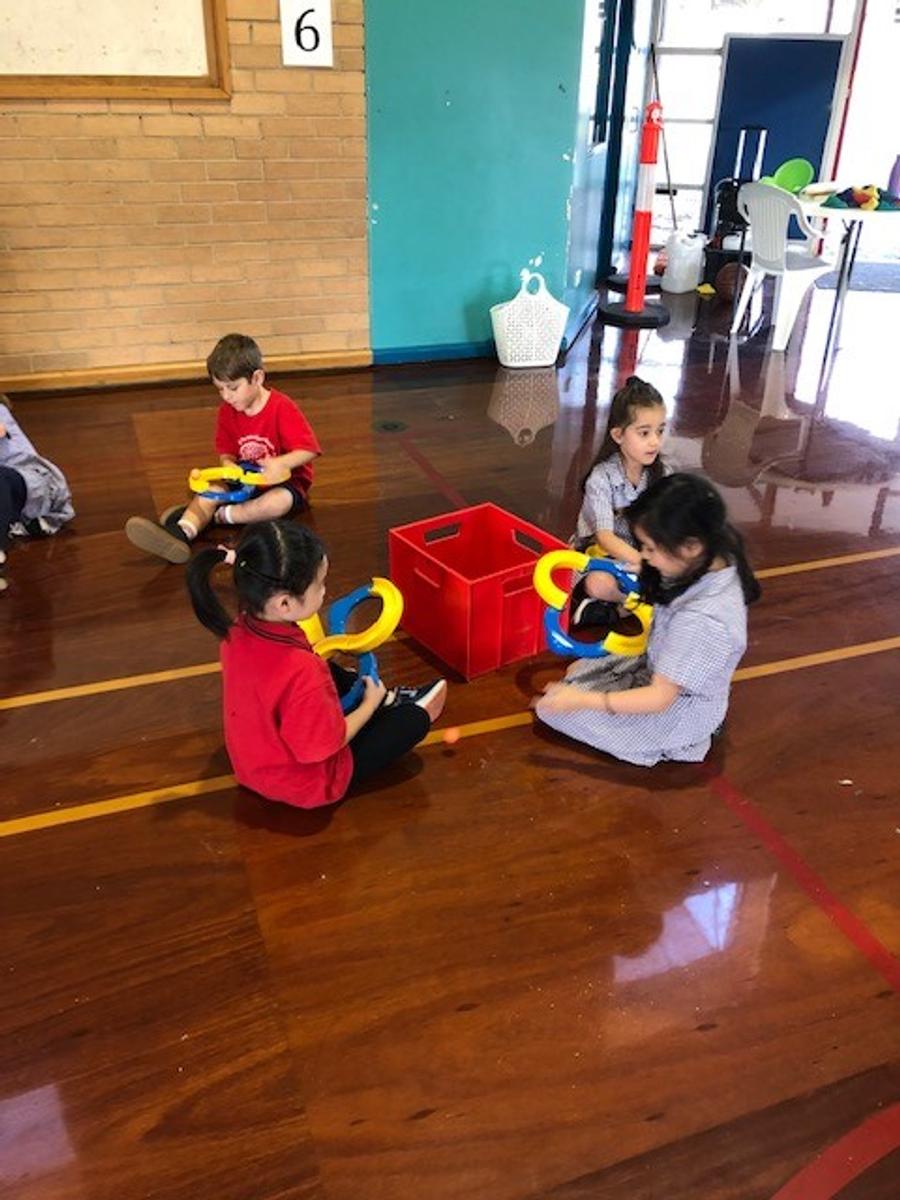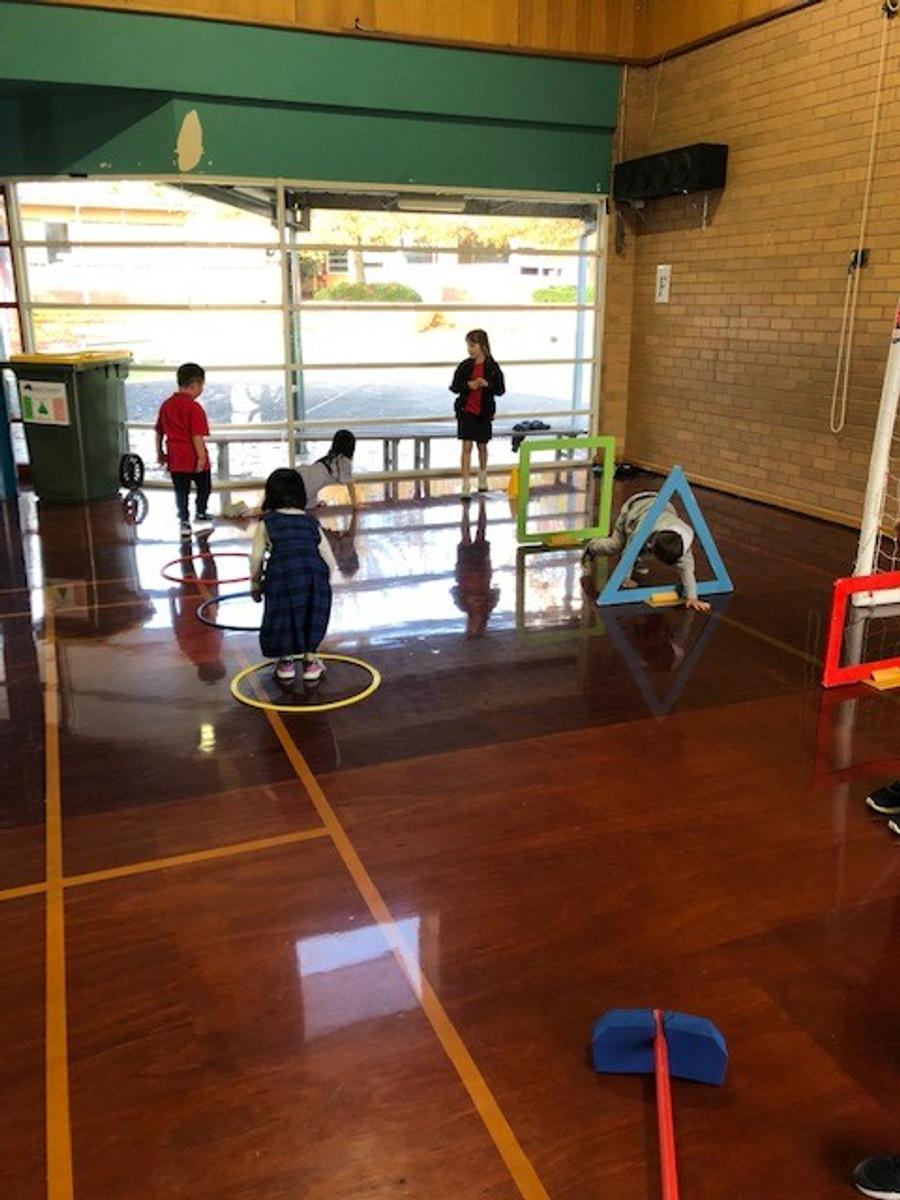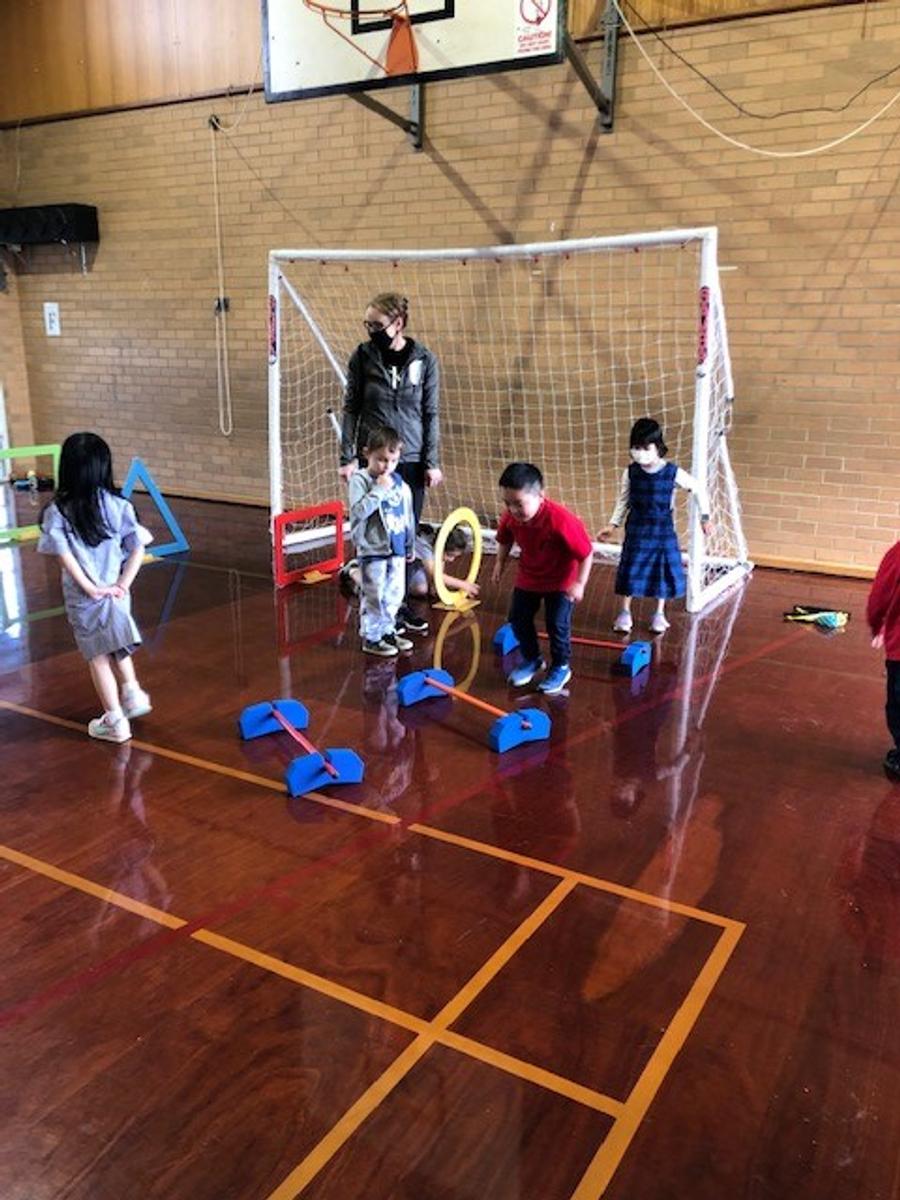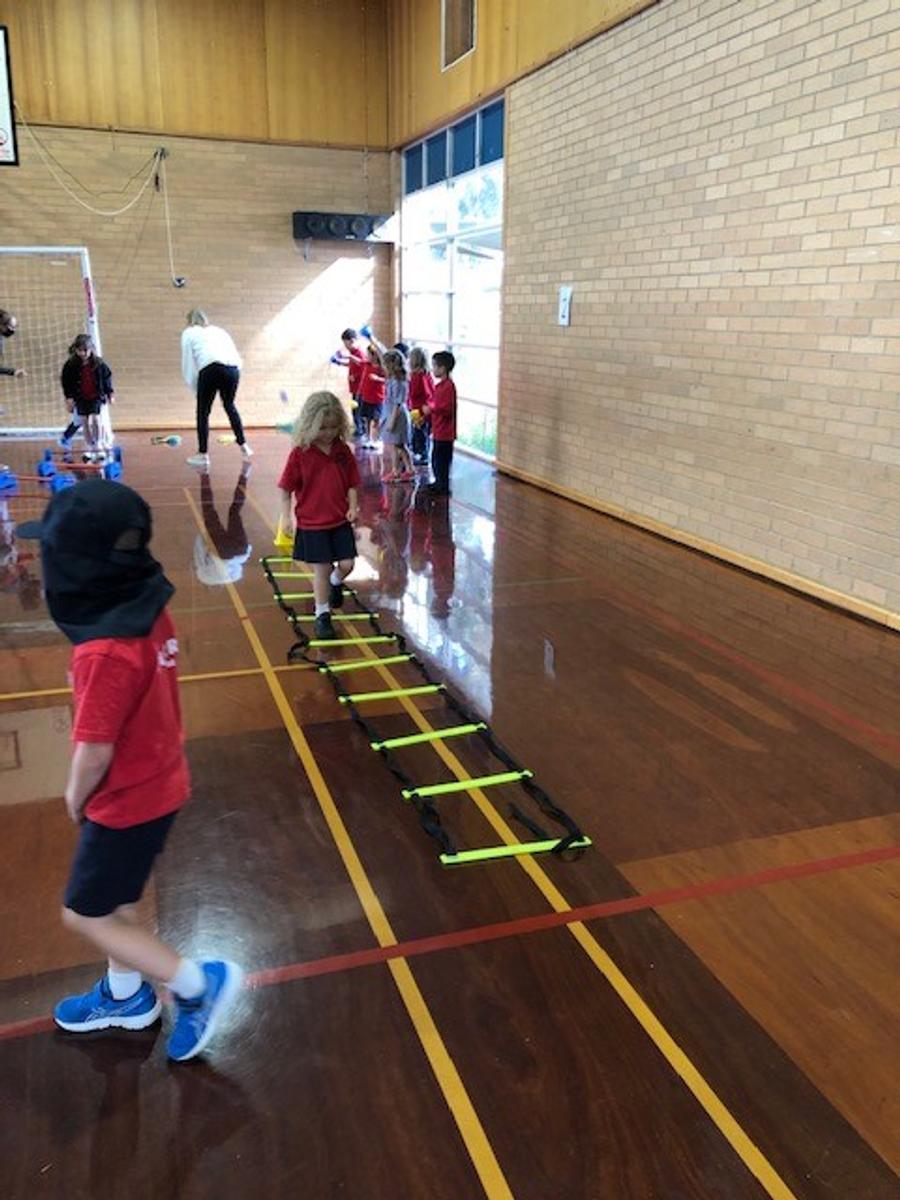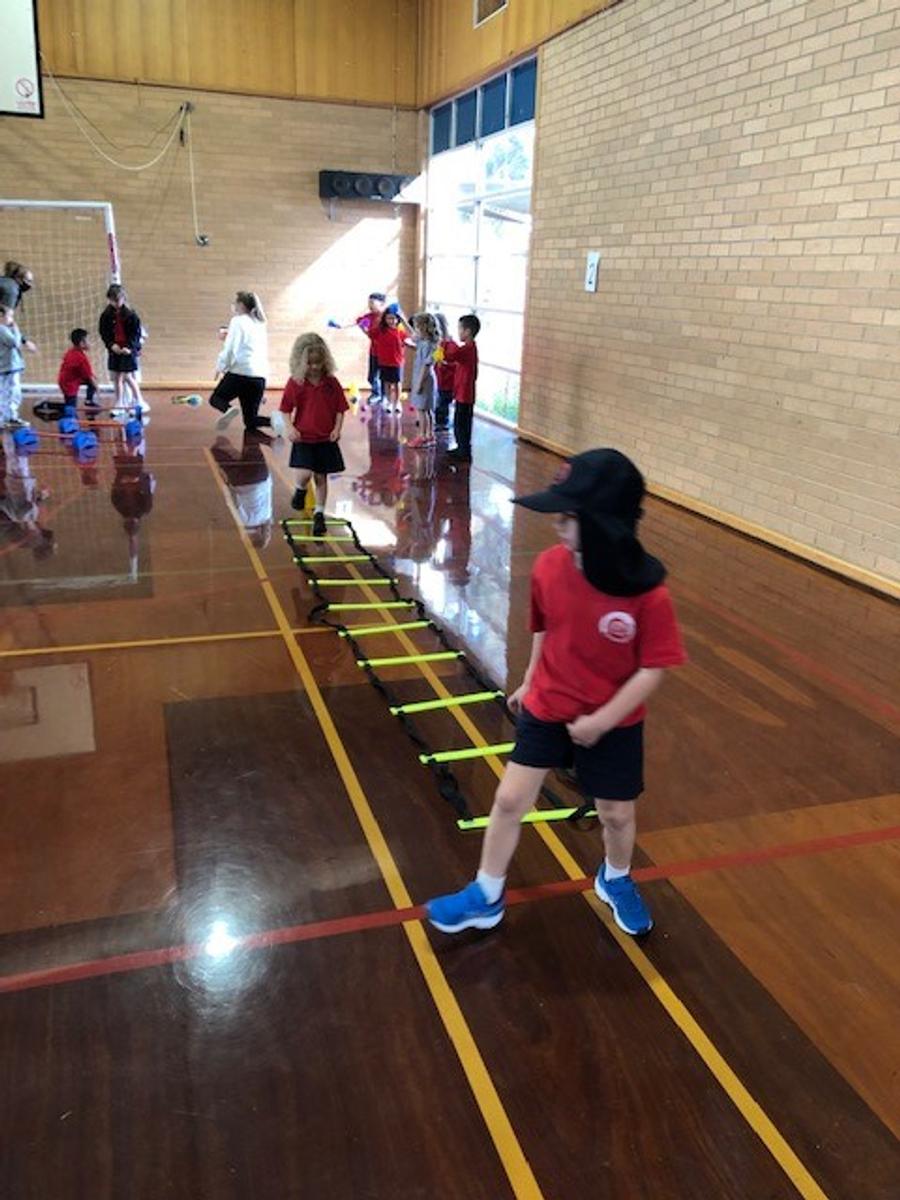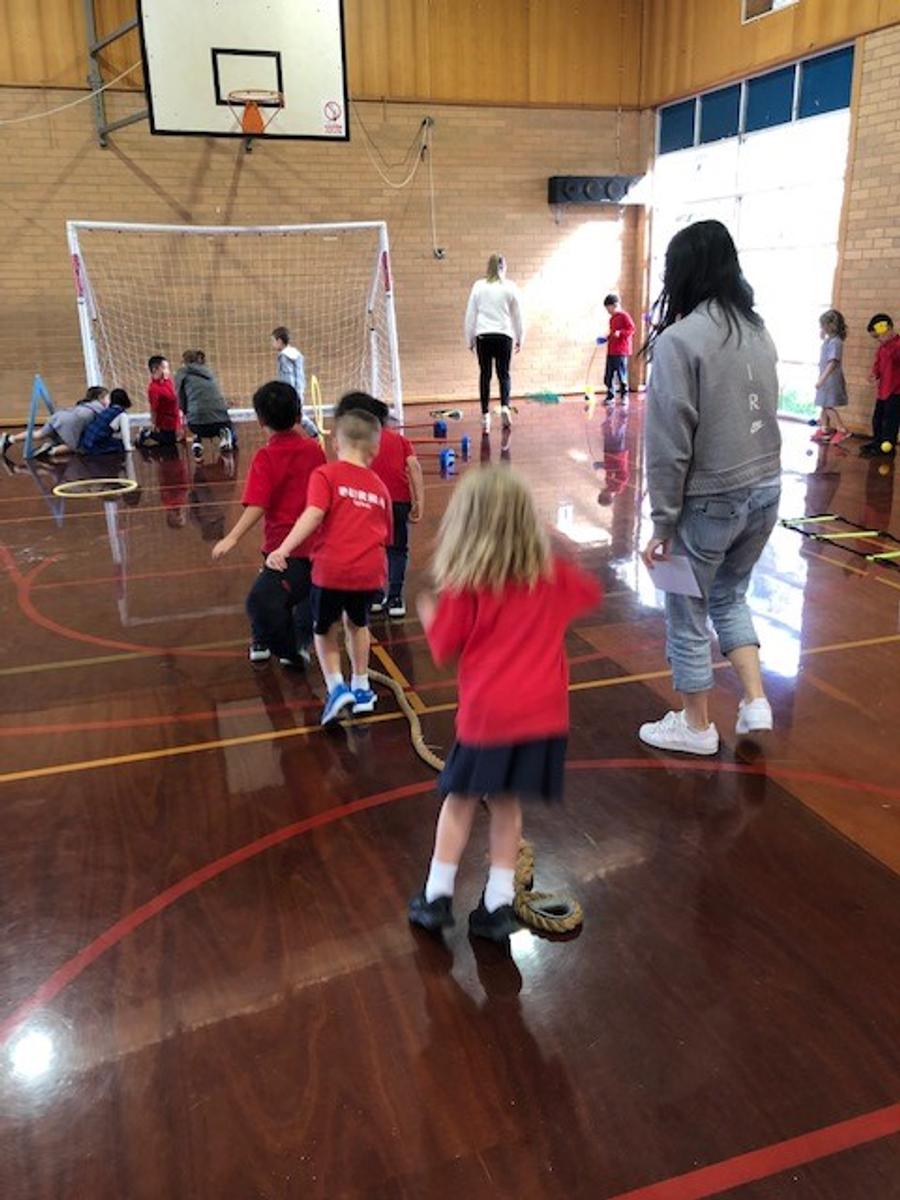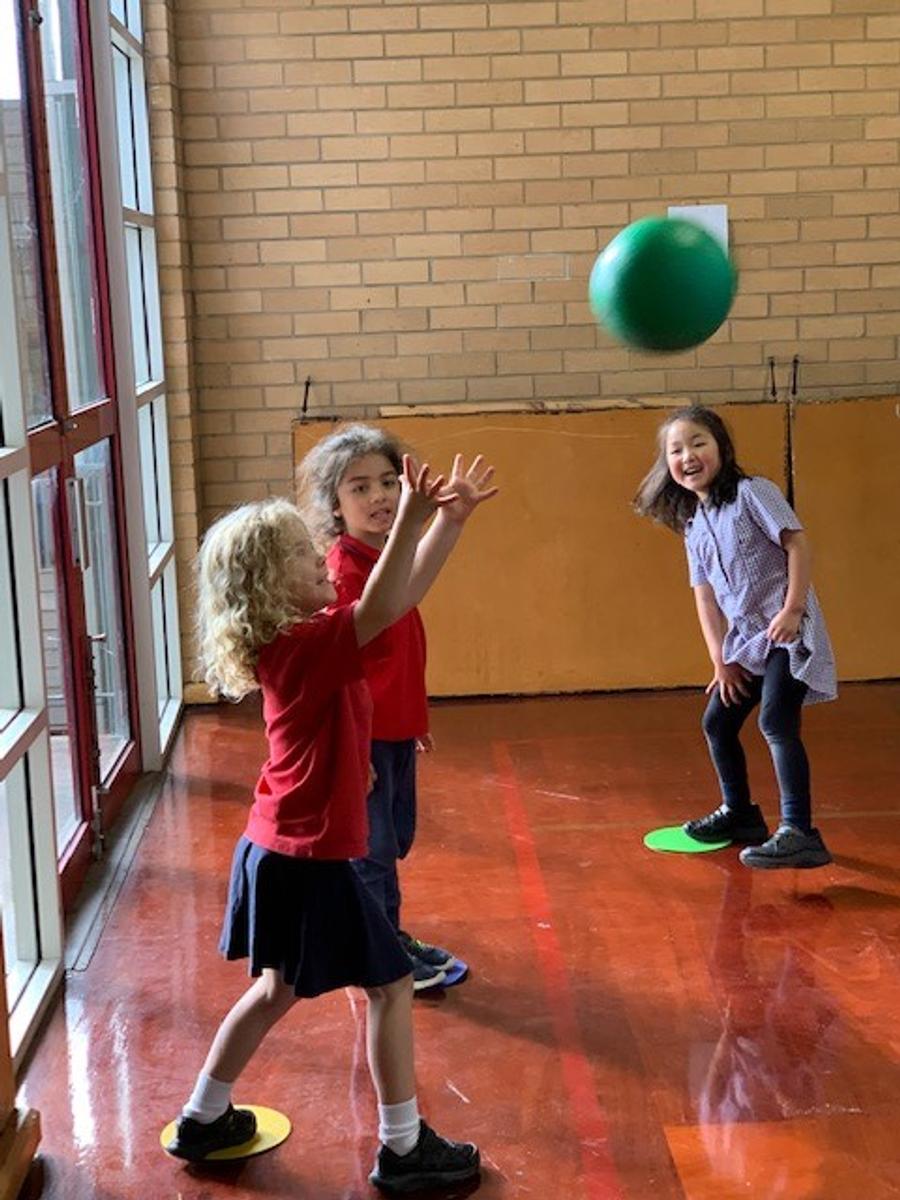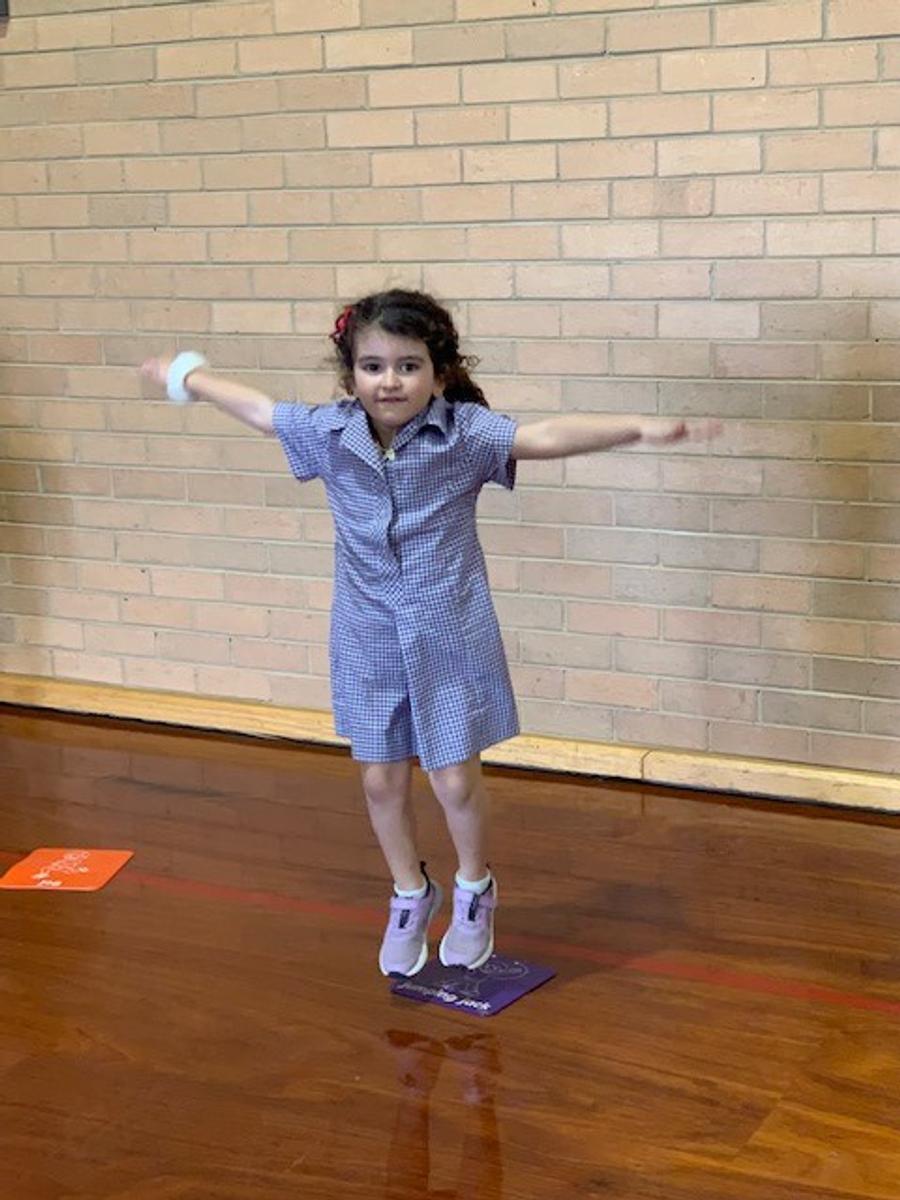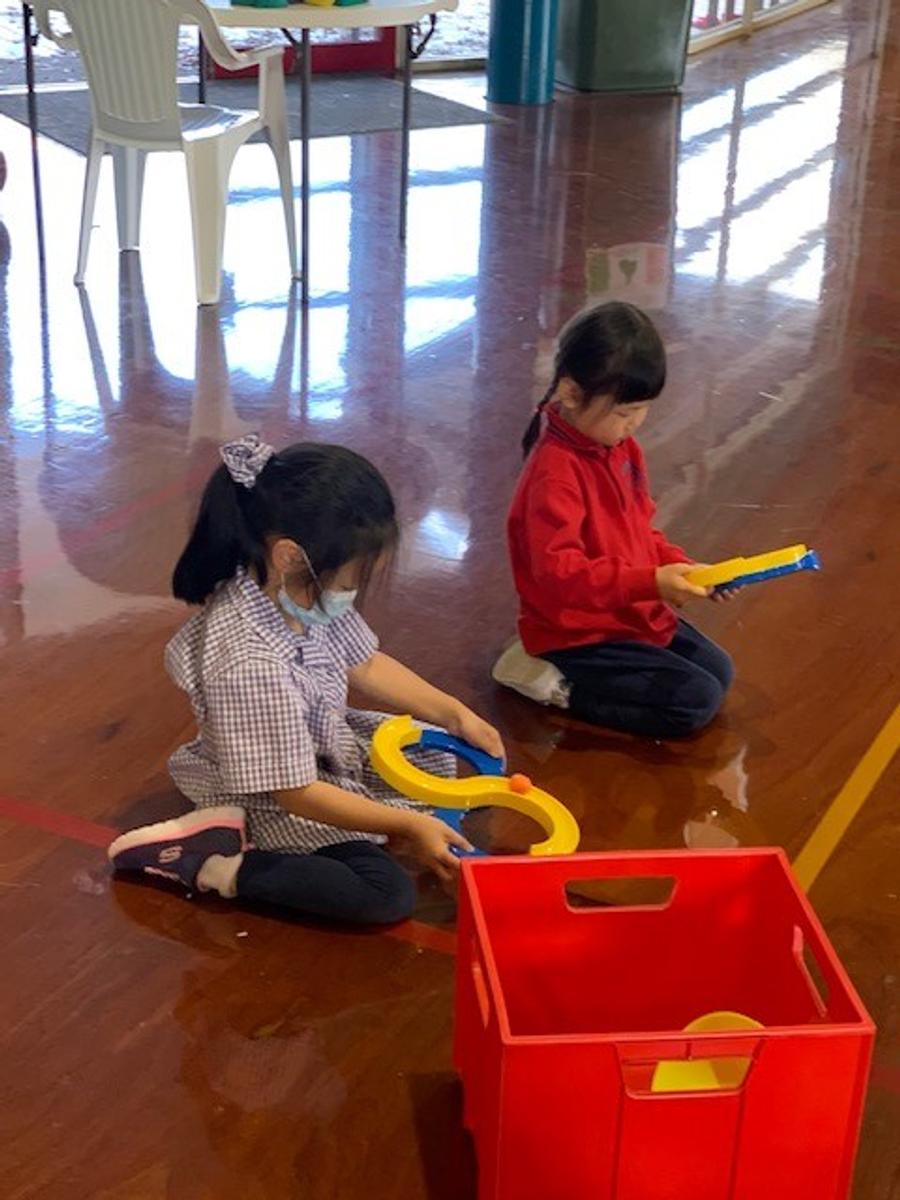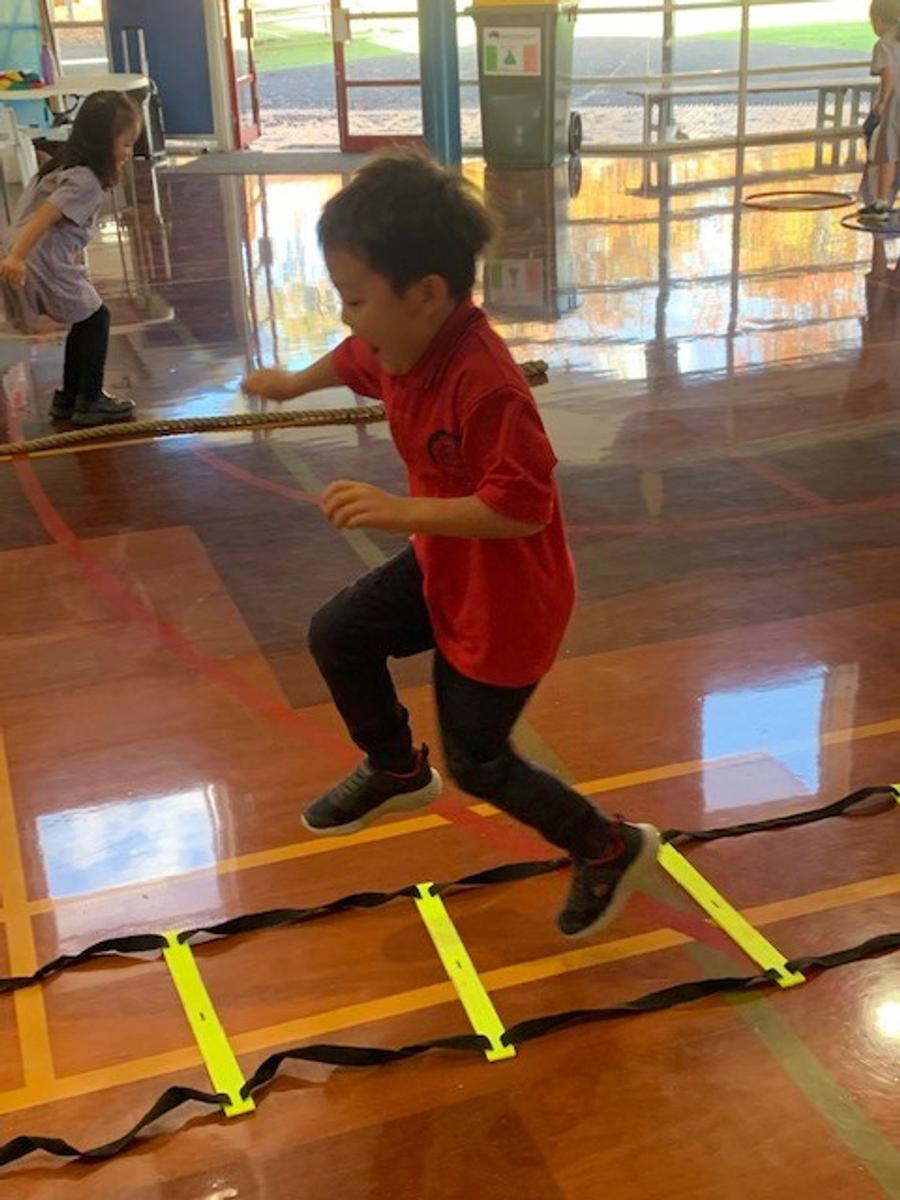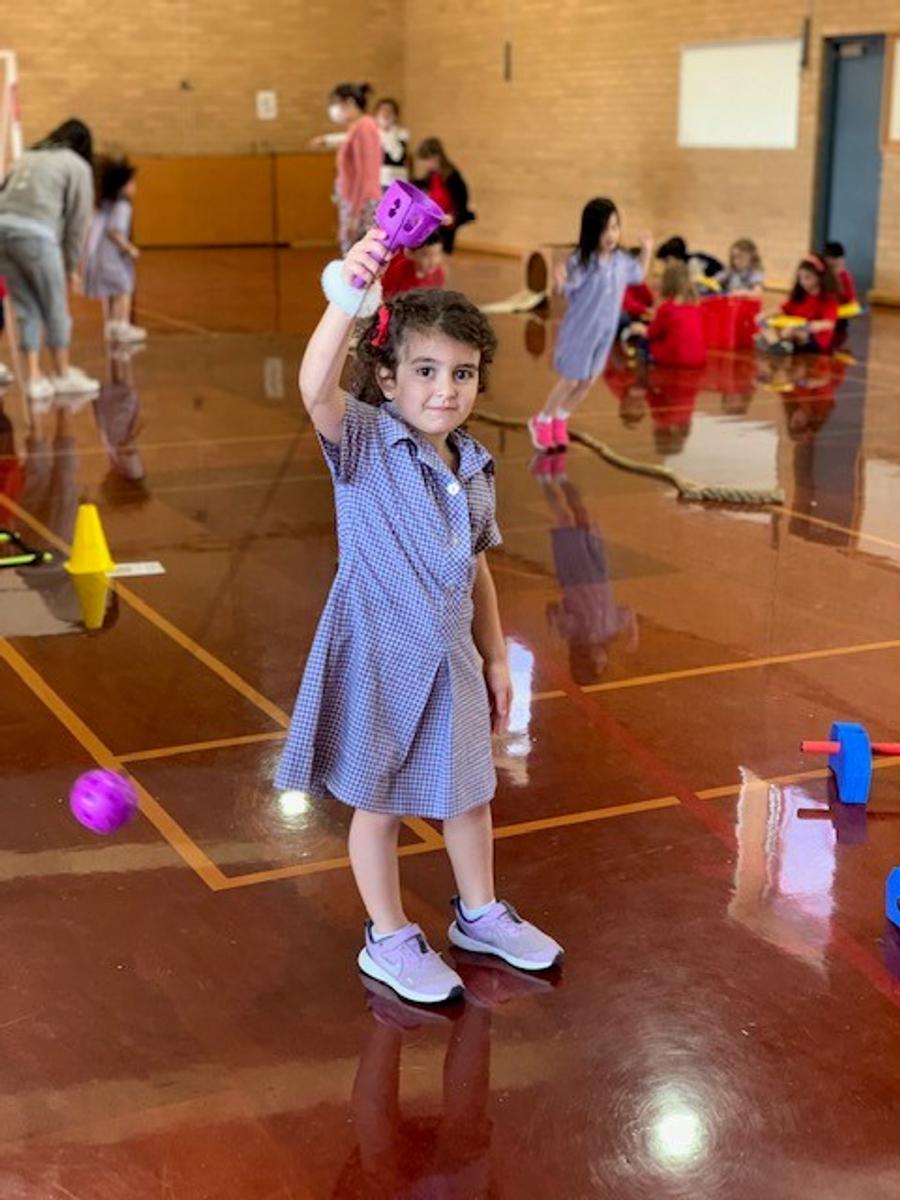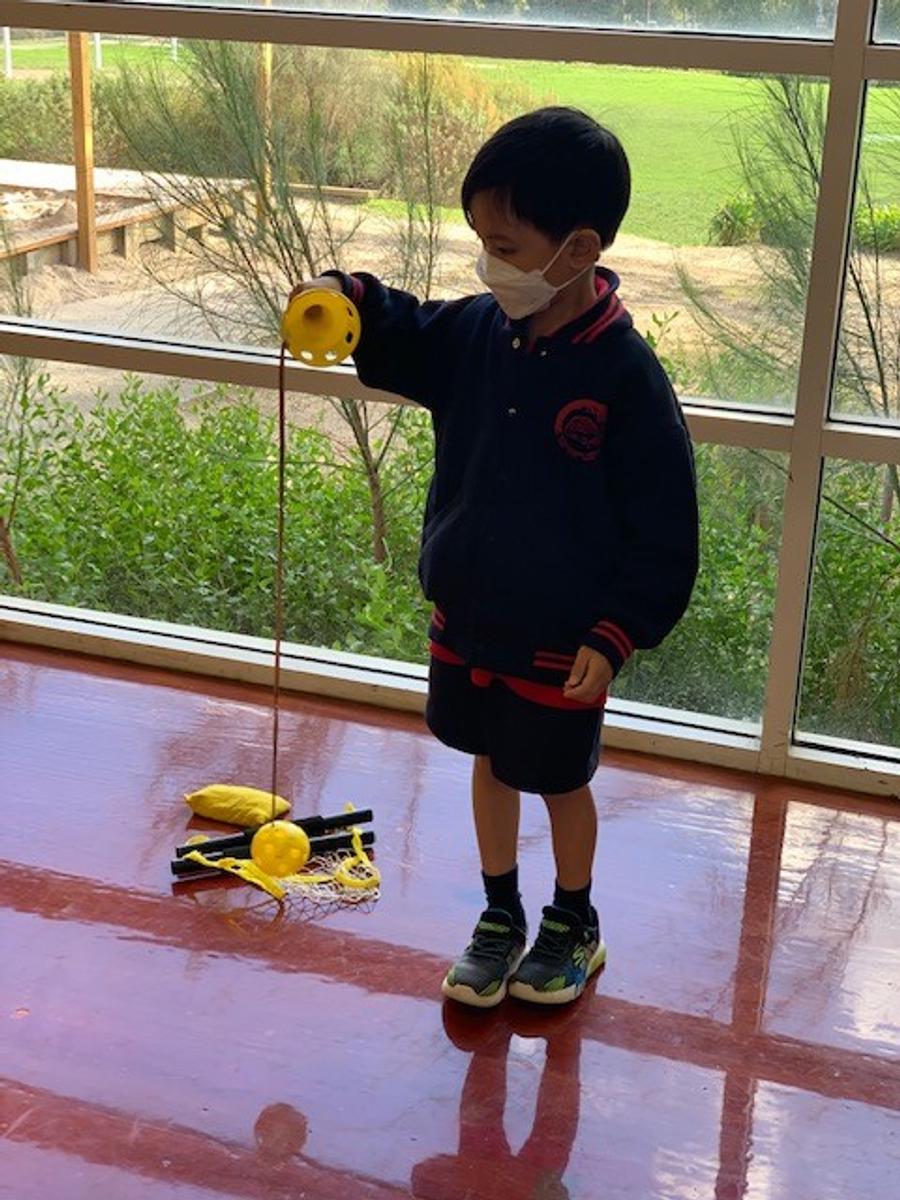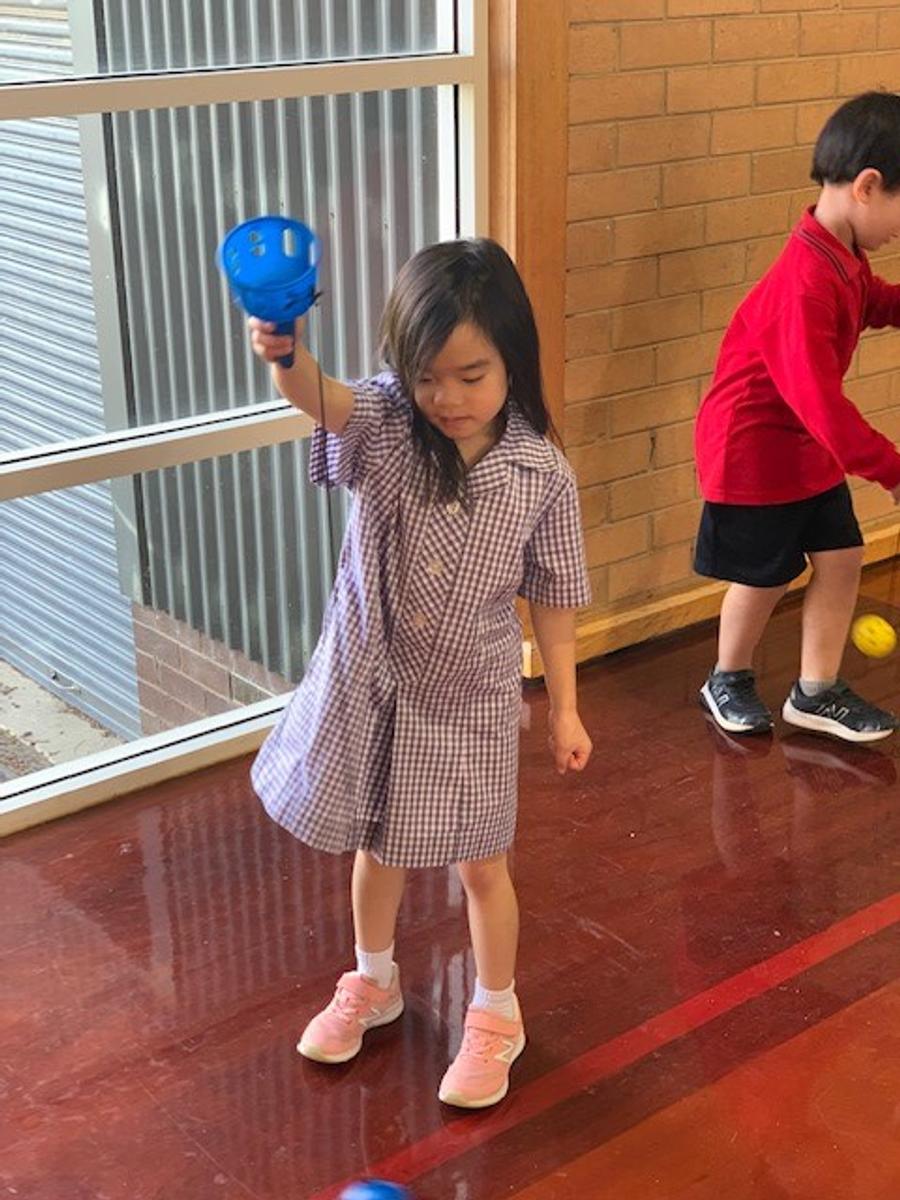From the Foundation Classrooms
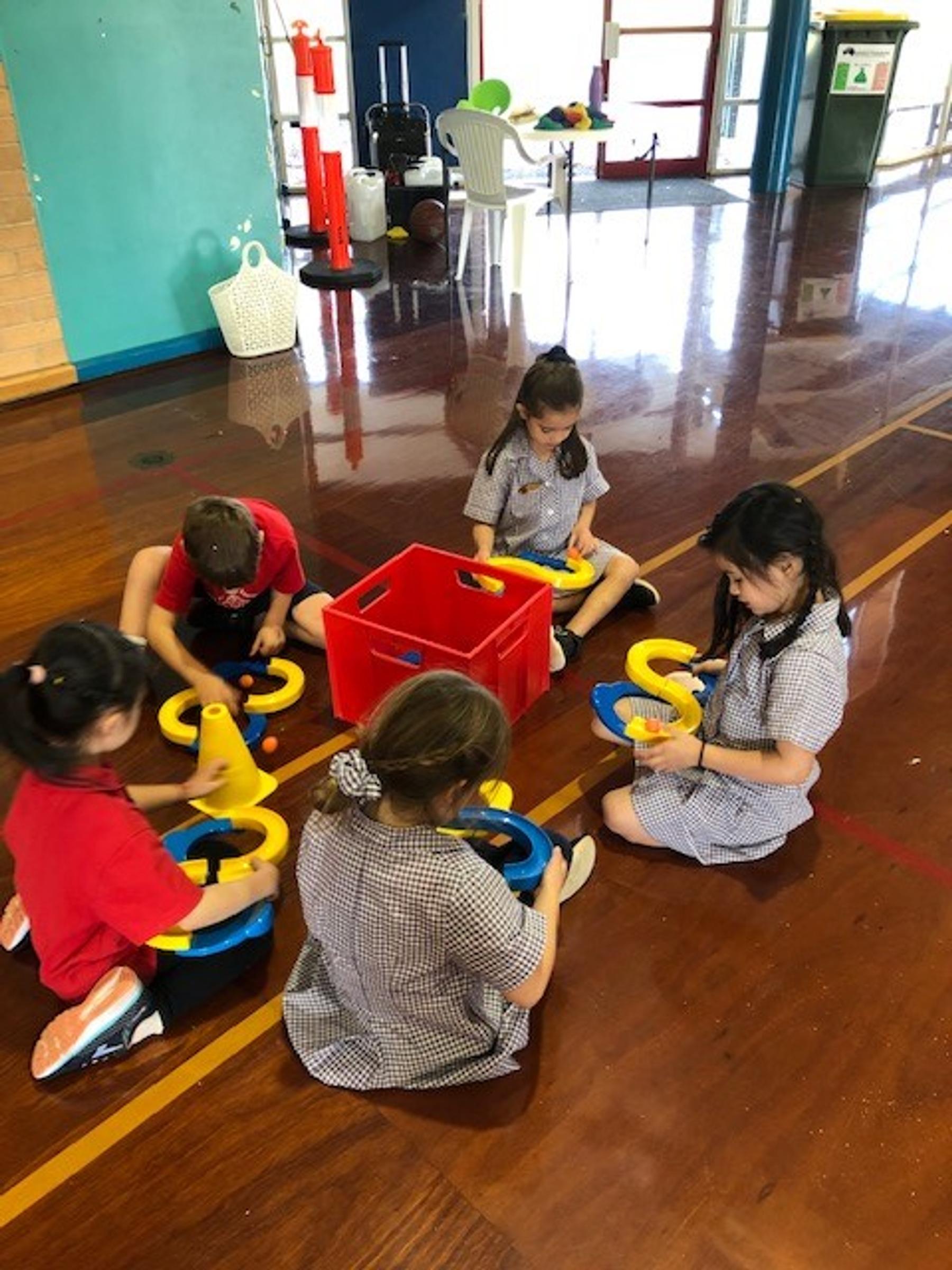
Perceptual Motor Program (P.M.P.)
In the Early Years of Primary education students experience a variety of programs to strengthen their bodies and cognitive development. One such program is called, The Perceptual Motor Program (PMP). The aim of this physical movement class is to improve student's fitness, balance, hand-eye coordination, eye tracking, gross and fine motor skills, memory and self-confidence. The program also seeks to build an understanding of spatial concepts such as in, on, under, over, through, behind, in front of, and between.
What are gross and fine motor skills?
Gross motor skills involve the use of large muscles in our bodies such as our torso, arms, and legs. Students use gross motor skills at school when doing everyday activities such as running, skipping, climbing, and jumping. Strong gross motor skills are critical for the healthy development of children—physically, emotionally, and cognitively—and can build their self-confidence. Fine motor skills involve the group of skills involved in the ability to manipulate smaller objects with the hands and fingers, for example, grasping, holding and pinching. Fine motor skills use the smaller muscles of the hands, commonly in activities like using pencils, scissors, construction with Lego or Duplo, doing up buttons and opening lunch boxes.
Why is it so important to have strong eye tracking capabilities?
Eye tracking, also referred to as visual tracking, is the ability of one's eyes to “track” from left to right in an efficient manner, and “follow” the movement of objects. Eye movements should be smooth and consistent, with the ability to be completed quickly. Eye tracking is important when an individual reads words in a book. If a student has poor eye tracking abilities, problems can arise such as eye fatigue, word omissions, reversals, losing one's place while reading and most importantly these difficulties can negatively impact reading comprehension.
What other skills can students work on while taking part in the PMP program?
- Auditory- developing the ability to listen to auditory information, processing or making sense of it. Some activities involve the child listening to instructions from the parent/teacher helper and then applying them.
- Visual-developing the ability to look at visual information, processing and making sense of it and using it appropriately.
- Social- learning social skills such as waiting for their turn, sharing and communicating with their peers.
- Language-understanding the basic concepts of language in comprehensive ways. For example words such as 'up' and 'down'. Through PMP activities children will develop an understanding of ways they can use specific language in certain settings.
- Memory-developing short term sequential memory, for example activities requiring the child to listen and memorise the auditory sequence of colour markers to jump on.
Foundation students will begin taking part in one weekly PMP session in Term 2. PMP sessions run every Tuesday afternoon in the Boroondara Park Primary school Hall. In order to run this program effectively we need the support of parent helpers. A big thank you goes out to all the parents who have so far volunteered their time and energy to this valuable program.
If you are able to assist with the PMP program in Term 2, please insert your name into the PMP parent helpers roster (link below). All parent helpers will need to have a current Working with Children's Check and sign into the school office before each session.
https://docs.google.com/spreadsheets/d/1dv7oGCPmw_pLquZpSVDmpXRDBhwEVGwCy9bXwuujhJ8/edit#gid=0
